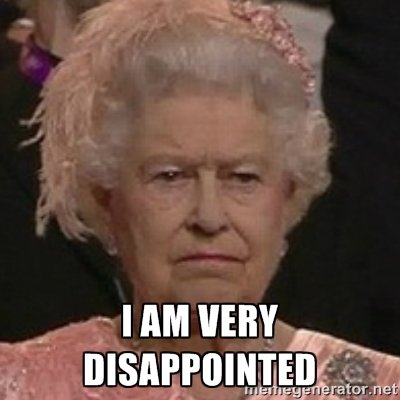
“It’s not what I expected. I don’t know what I expected. But this wasn’t it.”
My reaction whenever I hear this is, “Why didn’t you know what you wanted? Why didn’t you make that knowledge conscious to yourself before engaging in the activity that ended up disappointing you?”
If you know what you want going into something, then you can evaluate your expectations against the probable outcome. Granted, you could still be wrong. But you’re a lot less likely to be disappointed if you’re conscious and clear about what you’re seeking.
If you don’t know what you want, then it’s best to figure out what you’re looking for before putting yourself in situations where you might be disappointed. If you’re going into a situation simply to gather data, experience or evidence, then that’s fine. In that case, there’s really nothing to expect other than that you’ll learn something. There’s nothing to be disappointed about if your goal was simply to learn.
If you don’t know what you want, but you head into situations — vacations, jobs, marriages, parenthood — allowing your unstated and likely improbable assumptions to be counted on, then shame on you. You should respect your own mind and life enough to live consciously rather than by the seat of your pants, as (sadly) most people seem to do.
Follow Dr. Hurd on Facebook. Search under “Michael Hurd” (Rehoboth Beach DE). Get up-to-the-minute postings, recommended articles and links, and engage in back-and-forth discussion with Dr. Hurd on topics of interest. Also follow Dr. Hurd on Twitter at @MichaelJHurd1
